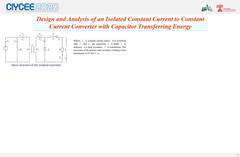Lei Wang
College of Electronic Engineering, Naval University of Engineering
Xichen Wang
College of Electronic Engineering, Naval University of Engineering
Xuejun Zhou
College of Electronic Engineering, Naval University of Engineering
Shang Chen
College of Electronic Engineering, Naval University of Engineering


Comment submit